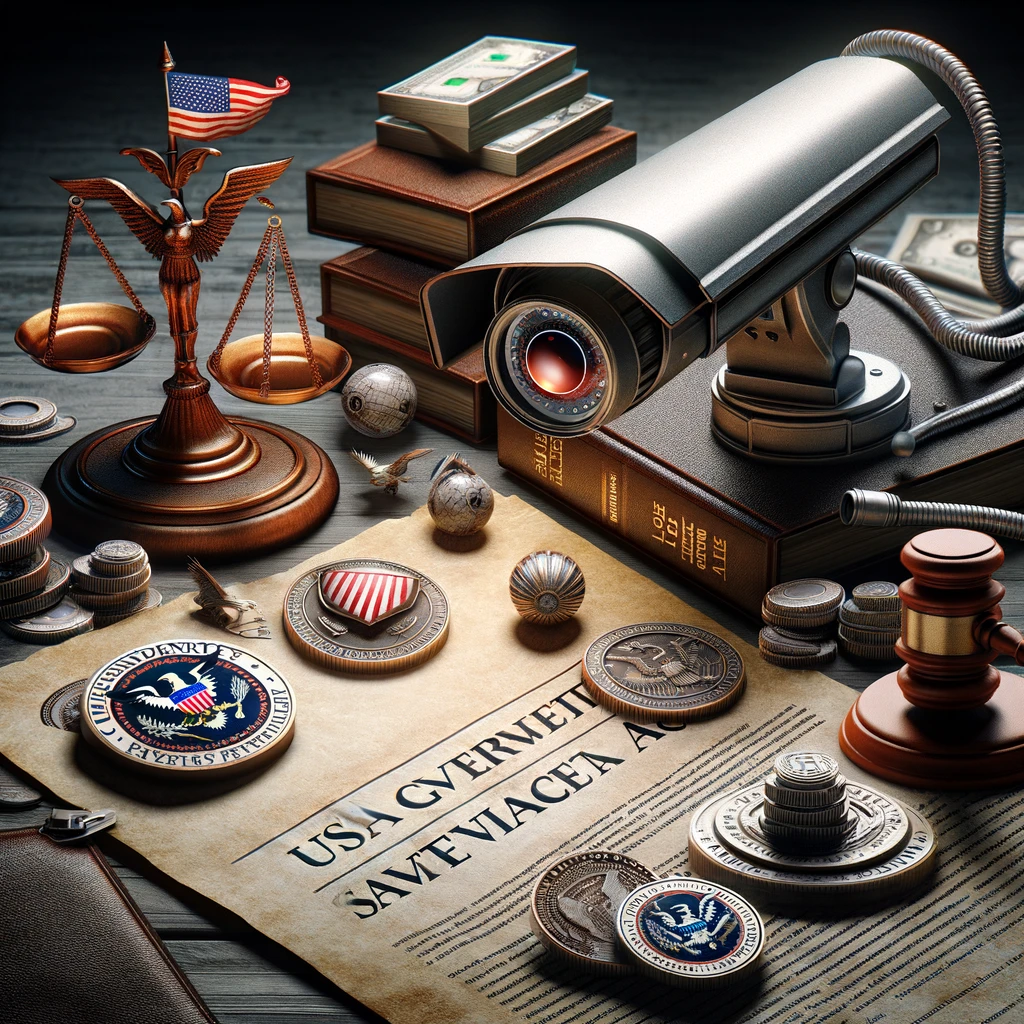The USA PATRIOT Act, enacted in the wake of the tragic events of September 11, 2001, significantly extended the Federal government’s authority, impacting the private lives of American citizens under the banner of enhancing national security. This legislation granted sweeping powers to law enforcement agencies for surveillance and information gathering to prevent terrorist activities.
Expansion of Government Surveillance

The PATRIOT Act allowed for unprecedented levels of domestic surveillance, with the government gaining extended capabilities to monitor and collect data. According to Hook and Spanier, the act led to new restrictions on public information, broadened the scope of domestic surveillance, and reduced the legal safeguards for individuals labeled as suspected terrorists (Hook & Spanier, 2018).
Legal Challenges and Public Concerns
The act’s provisions, particularly those enabling the NSA to collect telephone metadata, faced significant legal challenges. In the 2015 case ACLU v. Clapper, the Second Circuit Court ruled that these practices were not authorized by Section 215 of the PATRIOT Act, marking a pivotal moment in the ongoing debate over privacy and surveillance (Strasser, 2017). Senator Rand Paul has been vocal in criticizing the overreach, emphasizing that owning a cell phone should not lead to the forfeiture of constitutional rights (“End NSA Spying”).
Current Status and Constitutional Debates
Although the court’s decision in ACLU v. Clapper highlighted the legal overreach, the constitutional basis of the PATRIOT Act remains a contentious issue. The ruling did not directly address the constitutionality of the surveillance practices, leaving open questions about the balance between security needs and individual freedoms.
Works Cited
- Hook, S. W., & Spanier, J. (2018). American Foreign Policy Since World War II, 21st Edition. Retrieved from https://vbk://9781506385631
- Strasser, M. R. (2017, June 5). Fourth Amendment.
- End NSA Spying.






